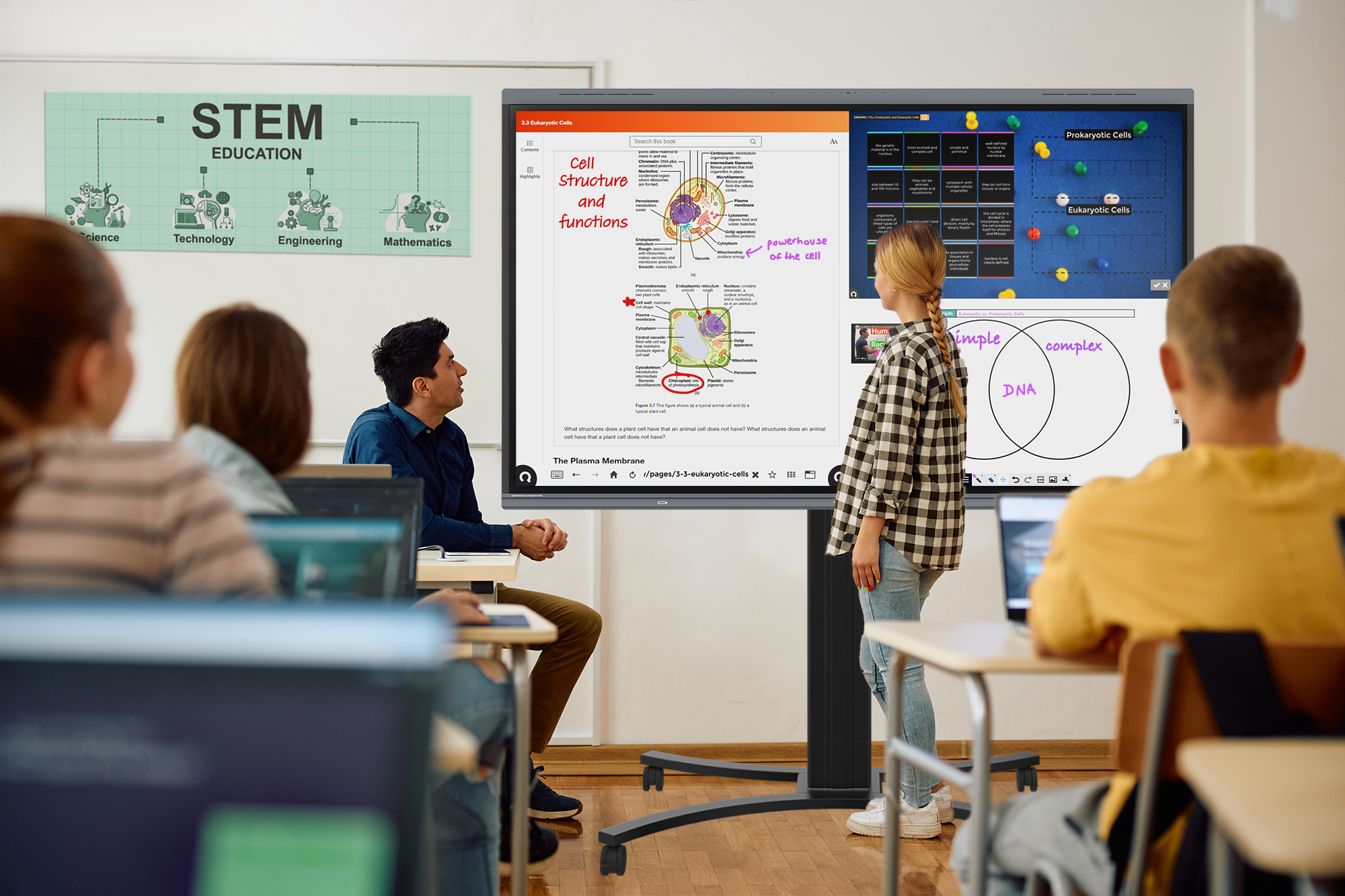Enhancing Teacher Retention Through Collaboration and Adult Learning Theory
In the ever-evolving world of education, the importance of teacher retention cannot be overlooked. With many educators leaving the profession within their first few years, schools face significant challenges in maintaining stability in their teaching staff. To address this issue, it is essential to explore effective strategies that promote teacher collaboration and support adult learning theory.
The Challenge of Teacher Retention
Teacher retention is crucial for creating a positive learning environment. As highlighted by Panorama Education, factors influencing retention include administrative support, opportunities for professional growth, and recognition of teachers’ efforts. When teachers feel valued and supported, they are more likely to remain in their positions, ultimately benefiting students and the broader educational community.
The Role of Teacher Collaboration
Teacher collaboration plays a vital role in enhancing retention. According to the American University School of Education, collaborative practices foster a sense of belonging among educators, allowing them to share resources, strategies, and emotional support. When teachers collaborate, they build a community that can ease feelings of isolation and burnout, particularly during challenging periods, such as the notorious "October blues."
Strategies such as professional learning communities (PLCs) and peer mentoring can significantly impact teacher morale. Collaborative environments encourage educators to engage in reflective practice and professional growth, making them feel more invested in their work. This sense of connection can also lead to higher job satisfaction, as teachers recognize the value of their contributions to a collective mission.
Integrating Adult Learning Theory
To further enhance teacher collaboration and retention, it’s essential to incorporate principles of adult learning theory, or andragogy. Adult learning theory emphasizes the unique needs and characteristics of adult learners, which can greatly inform professional development approaches.
- Self-Directed Learning: Adult educators prefer to take initiative in their own learning. By providing opportunities for teachers to select professional development topics that resonate with their experiences and interests, schools can foster greater engagement and ownership.
- Relevance to Practice: Professional development should directly address the challenges teachers face in the classroom. When training is relevant and applicable, educators are more likely to embrace it and implement new strategies effectively.
- Social Learning: Adult learning theory stresses the importance of social interaction. Collaborative learning experiences, such as group workshops or peer observations, enhance the learning process and allow teachers to benefit from each other's insights and expertise.
- Recognition of Experience: Adult learners bring valuable life and professional experiences to their roles. By acknowledging and leveraging these experiences in professional development, schools can create a rich learning environment that enhances both individual and collective growth.
Conclusion
Addressing teacher retention is a multifaceted challenge that requires intentional strategies. By promoting teacher collaboration and applying principles of adult learning theory, schools can create supportive environments that empower educators. These approaches not only enhance job satisfaction and professional growth but also ultimately lead to better outcomes for students. As we strive to build resilient and effective teaching communities, investing in our educators is essential for the future of education.






.jpg)
















